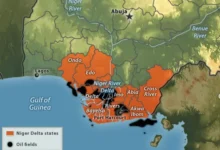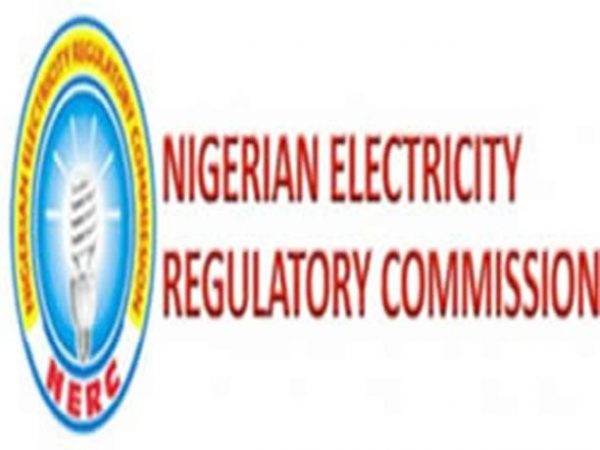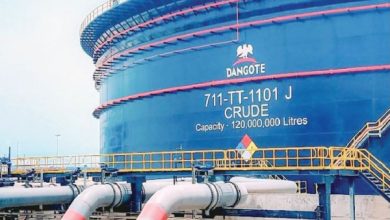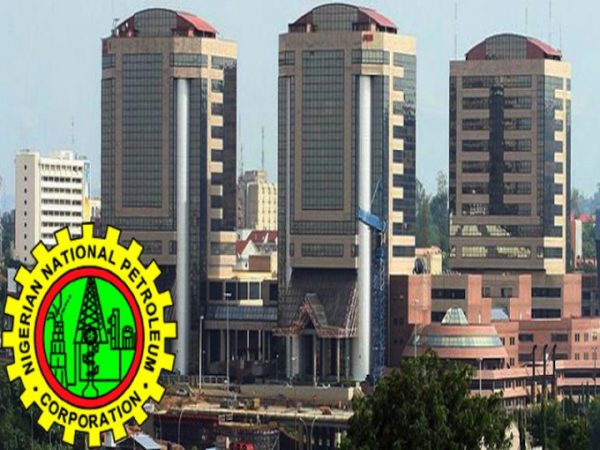NNPC To Re-Draft Petroleum Industry Bill Within A Year – Kachikwu

The Group Managing Director of the Nigerian National Petroleum Corporation, Ibe Kachikwu, on Tuesday said it would take a minimum of one year to fine-tune the Petroleum Industry Bill and produce a new draft that could be presented to the National Assembly for approval.
Mr. Kachikwu said this in Abuja and described the proposed law as a serious piece of legislation for the oil and gas industry which the country could not afford to delay its passage into law.
Mr. Kachikwu, who was speaking at the on-going 55th Annual General Conference of the Nigerian Bar Association in Abuja, explained that the Bill, which has been pending before the National Assembly for passage in the last seven years, requires extensive engagements with all players to iron out all grey areas.
The NNPC boss was the chair of the special session on the proposed law titled: Legal and Regulatory Framework of the Petroleum Industry in Nigeria: Review of existing Laws and the Petroleum Industry Bill.
The PIB, he said, is essential and must be approached with all thoroughness if the on-going reforms in the oil and gas industry are to achieve set objectives.
“The PIB is a serious affair. It is an essential piece of legislation,” Mr. Kachikwu noted. “But, as we all know, a lot of engagements are required to address all the issues, because the oil and gas environment has changed.
“PIB is important. But, we need to x-ray the issues. We need at least one year to get it back on track. The reality is that we cannot afford to wait any longer for change in the petroleum sector, because of the delay in the passage of PIB. Things have got to start happening, and that’s exactly what we are doing.”
Mr. Kachilwu said one key issue that needs to be factored into deliberations on the proposed PIB is cost, particularly at a time the global crude oil price at the international oil market has declined significantly to about $40 per barrel.
The NNPC GMD explained that as a result of the extensive consultations and time that would be required to make the Bill a workable document, it is only natural to kick-start the reforms in the industry with the existing laws, while awaiting its eventual passage into law.
The on-going reform of the petroleum industry, he pointed out, is a key area his management would focus on, adding that transparency and restructuring were key aspects that would be given close attention.
“Sometimes people don’t realize that NNPC was not the problem. The problem is that of political will of previous administrations to go forward and implement the outcome of researches and reports that had been done. Fortunately, this time around, that is what the president has brought to the table. He has strong political will to see this through,’’ he said.
On what the Nigerian Government intends to do with the draft legislation, the NNPC boss said the PIB has come to stay, although it would take some time to perfect the draft that would be re-submitted to the National Assembly for consideration and approval.
Former President-General of the Trade Union Congress, Peter Esele, who is also a former President of the Petroleum and Natural Gas Senior Staff Association of Nigeria, noted that although PIB was key, the industry could, in the meantime, make do with existing laws to activate essential reforms in the sector.











